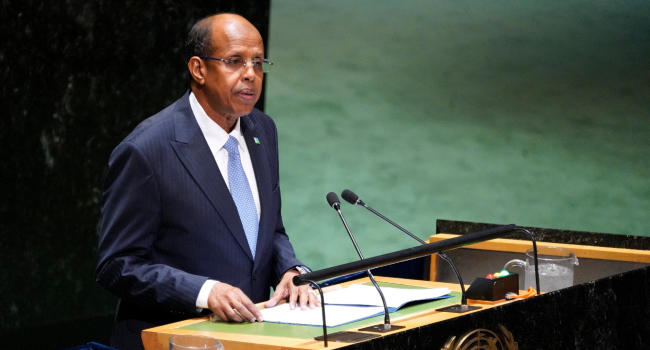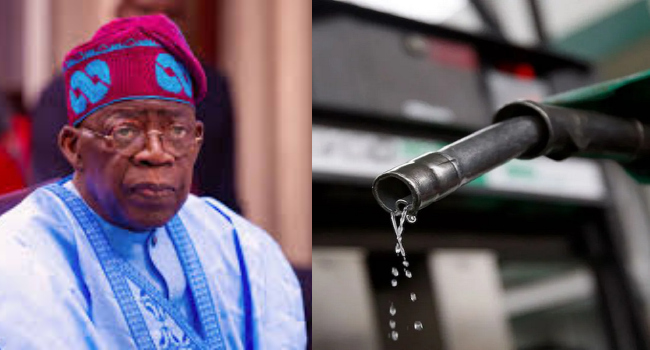Nigeria’s economy is showing clear signs of stabilisation, with recent data revealing a trade surplus of over $4 billion.
The Minister of Finance and Coordinating Minister of the Economy, Wale Edun, made the declaration in Abuja on Thursday during a Ministerial press briefing on the state of the economy.
He stated, “When we look at the external sector, in the first quarter of 2025, trade surplus of over $4 billion and exports increased by nearly 10%, 9.8% and of course, we know that the exchange rate has been relatively stable and reserves up to almost $40 billion, $39 billion in July.”
He stated further, “The narrative of Nigeria in 2025 is one of renewed stability. Earlier, there has been a removal of disruptions with initial renewed stability, growing investor confidence, and accelerating momentum across a number of key sectors.
“Our task is to translate this into tangible improvements in the lives of Nigerians through, principally, more jobs that give higher incomes and better public services. This requires deepening these reforms so that the economy remains competitive,” he added.
During his presentation, Edun admitted that there is a significant shortfall in oil revenue in the first half of the year, despite surpassing the gross receipts recorded in the corresponding period of 2024
Edun stated that while the oil price benchmark in the 2025 budget was $75 per barrel, average sales for the first half of the year was $67 per barrel.
He also stated that average oil production per day was $1.67 million barrels against the budget projection of 2.06 million barrels per day.
Giving some updates on major sectors, the minister said, “In the oil and gas sector, average production in the first half of 2025 was 1.67 million barrels per day.
“Significantly, that is below the 2.06 million barrels budgeted, and that is of note.
“The average crude price also in the budget was put at $75 per barrel; we’ve had an average price of $67 per barrel. We have maintained compliance with the OPEC quota, and as you can see from the figures I’ve given, there has been a revenue.”
“In response to revenue shortfalls, we have prioritized spending on sectors that directly impact citizens and support our growth ambitions,” Edun noted.
He also added that there have been some key changes introduced by the administration to restore fiscal discipline, particularly by halting the uncontrolled use of Ways and Means advances from the Central Bank.
“As we all know, under the leadership of President Bola Ahmed Tinubu, steps have been taken to restore fiscal discipline and balance, and we have ended the unauthorised and above-limits funding by Ways and Means,” he explained.
“There have been no debits to Ways and Means since early in this administration. Gross revenues are 37.4% of government revenues in the first half of 2025 compared to 2024, and likewise, following GDP rebasing, we do have a ratio now of debt to GDP of less than 40%, 38.8% down from 52.1%.”
He added that this fiscal space had allowed the government to settle significant outstanding obligations.
Nigeria’s total exports rose to N20.598 trillion in the first quarter (Q1) of 2025, representing a 7.42% increase compared to N19.176 trillion in the corresponding quarter of 2024, and a 2.92% rise from N20.01 trillion recorded in Q4 2024, according to the National Bureau of Statistics (NBS).
The value of total imports stood at N15.43 trillion in the first quarter of 2025, representing a rise of 4.59% from the value recorded in the corresponding quarter of 2024 (N14.75 trillion) and a decrease by 7.02% compared to the value recorded in Q4, 2024 (N16.59 trillion).












